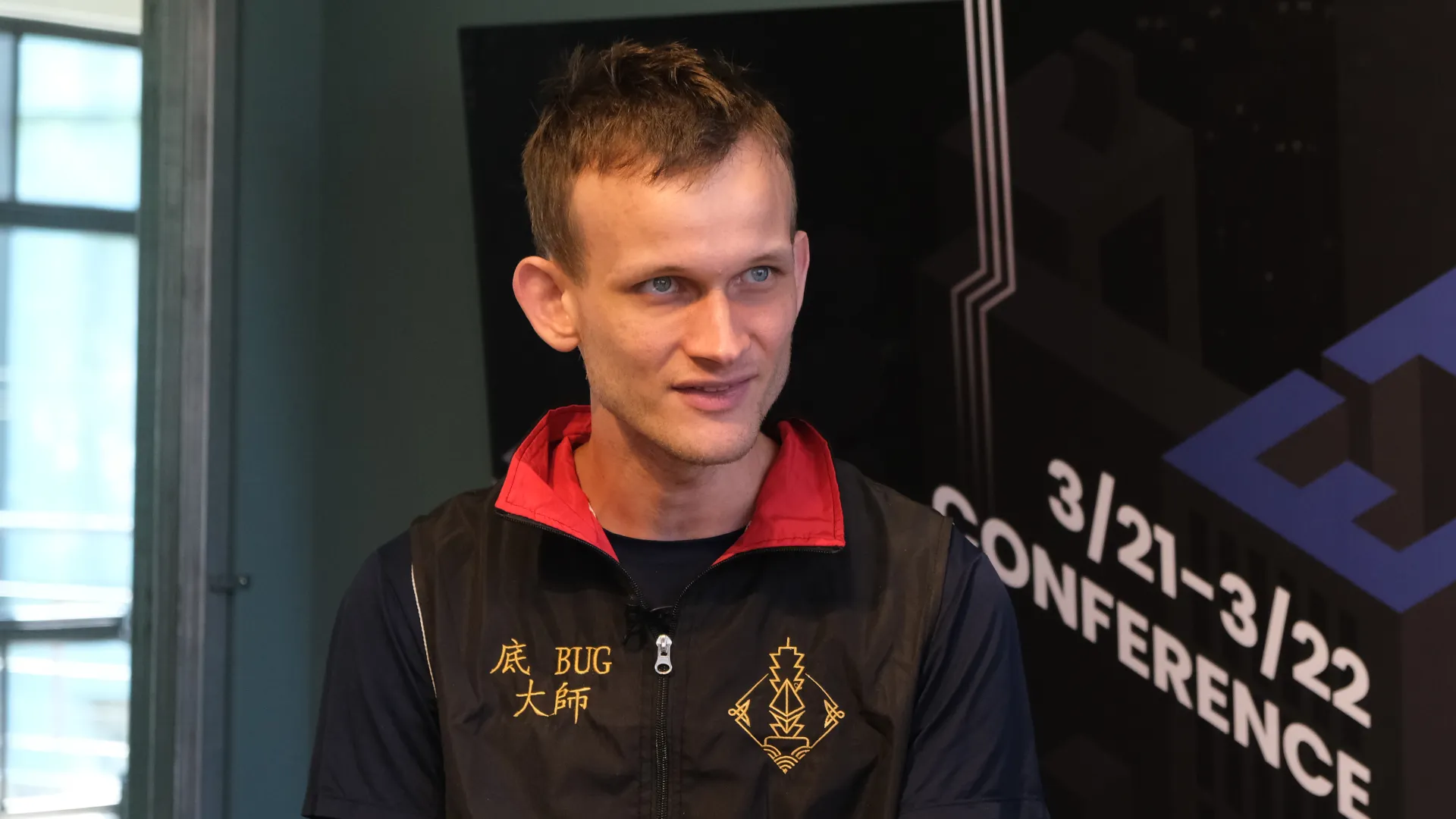In the hectic period since Elon Musk’s 2022 takeover of Twitter, the tech billionaire has rarely paid much heed to the exodus of prominent users and advertisers from the site in protest of new policies.
On Monday, however, Musk appeared genuinely curious about the dwindling presence on the platform of one of crypto’s most influential thought leaders: Ethereum co-founder Vitalik Buterin.
“Why did he leave?” Musk asked on Twitter, in response to a post bemoaning Buterin’s increasingly sporadic use of the social media site.
The comment garnered several replies from crypto users guessing that the move was due to increased bot activity, or the platform’s lack of on-chain functionality.
But look no further than comments Buterin made just days ago at ETH Taipei on the subject to get your answer: the crypto developer finds the people on Twitter (Musk included?) flat-out irritating.
“Twitter is the place where all the people are, but it's also the place where all the really annoying people are,” Buterin said when asked about his decreasing reliance on the social network.
As an alternative to Twitter, Buterin has recently spent much more time posting on Farcaster, a decentralized social media protocol that boomed in popularity earlier this year.
Back on Twitter, crypto users complained that by choosing Farcaster over Twitter, Buterin was “sequester[ing] himself with his chosen peers on an island,” as opposed to meeting the masses where they are.
In Taipei, however, Buterin pushed back against such arguments.
“The kind of engagement that I get on there is actually higher quality,” the Ethereum co-founder said of Farcaster.
Buterin also dismissed claims that by using Farcaster, he has insulated himself in a bubble with only other crypto die-hards.
“It's managed to be used by non crypto people, I think in ways that a lot of other previous applications have not,” he said. “I think that's an important success to build on, and for other [decentralized] applications to try to replicate.”
Founded in 2020, Farcaster remained relatively obscure until late January, when the protocol debuted a new feature called Frames that allows users to perform on-chain and off-chain functions within Farcaster apps—including minting NFTs, playing games, and making purchases—without exiting to a third party.
Since that Frames-induced surge, usage on Farcaster has remained fairly consistent—slightly above 1.5 million posts on the protocol per week, according to data from Dune.
But decentralized media still has a long way to go: Those numbers certainly pale in comparison to Twitter, which sees hundreds of millions of posts a day, per Elon Musk.
When addressing a room full of reporters in Taipei late last week, Vitalik Buterin asked the group if anyone planned to post any stories that came from the session on Farcaster before tweeting them.
“You should,” Buterin said. “Come on, we're the decentralized space, we need to use our own stuff!”
Edited by Andrew Hayward
Daily Debrief Newsletter
Start every day with the top news stories right now, plus original features, a podcast, videos and more.

